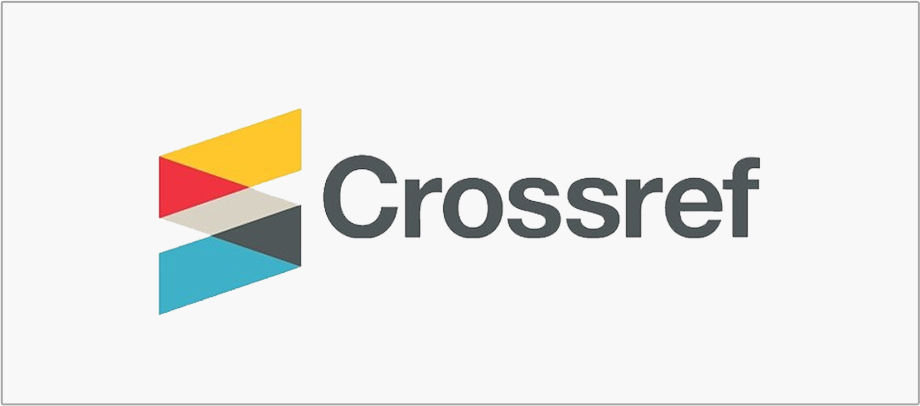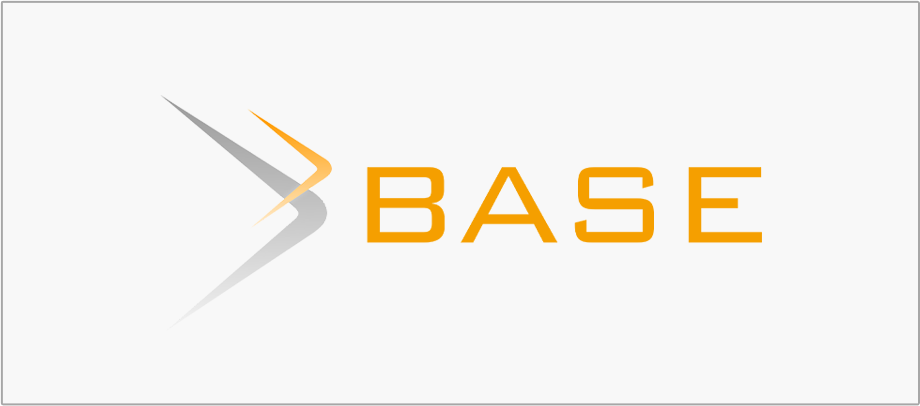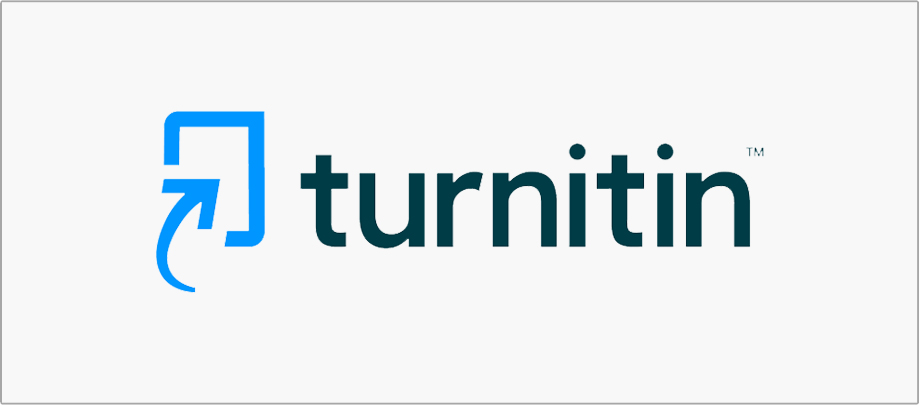DOES SHARIAH FINTECH CARRIES MORE ETHICAL IMPACTS THAN SHARIAH BANKS: GLOBAL INDEX ANALYSIS ON INDONESIAN INDUSTRY
Abstract
Keywords
Full Text:
PDFReferences
Abdillah, Leon, and Yogi I. Mukti. "Indonesian sharia fintech services and social media usage." Bulletin of Social Informatics Theory and Application 5.2 (2021): 97-106
Ahmed, Nisar, Khadija Rasheed, and Muhammad Talha. "Islamic banking perspective on shariah compliant FinTech (financial technology) model." Available at SSRN 3563030 (2019).
Alfarizi, Muhammad, and Ngatindriatun Ngatindriatun. "Indonesian Halal Msme Open Innovation with Islamic Fintech Adoption." Jurnal Akuntansi dan Keuangan Indonesia 19.2 (2022): 5.
Alsaghir, Mohammad. "Digital risks and Islamic FinTech: a road map to social justice and financial inclusion." Journal of Islamic Accounting and Business Research (2023)
Alshater, Muneer M., et al. "Fintech in islamic finance literature: A review." Heliyon 8.9 (2022).
As-Salafiyah, Aisyah. "Islamic Fintech During Covid-19 Outbreak: A Bibliometric Review." Islamic Finance and Technology 1.1 (2023).
Azizah, Siti N. "The adoption of FinTech and the legal protection of the digital assets in Islamic/Sharia banking linked with economic development: A case of Indonesia." The Journal of World Intellectual Property 26.1 (2023): 30-40.
Bakri, Mohammed Hariri, and Siti Norbaya Yahaya. "Conceptualization of Spiritual intelligence quotient (SQ) in the Islamic Fintech adoption." Islamiyyat 42.1 (2020): 113-122.
GIFR. (2024). Global Islamic Fintech Report 2023-2024. Dinar Standard.
Jauhari, Farah Farhana, and Syarah Syahira Mohd Yusoff. "A Preliminary Investigation: Examining The Utilisation of Islamic Fintech Credit by Asnaf Microentrepreneurs, Their Access to Microfinance Through Zakat Institutions, and its Impact on Income and Subjective Well-Being." AZKA International Journal of Zakat & Social Finance (2024): 135-156
Karim, Sitara, Muhammad Abubakr Naeem, and Emad Eddin Abaji. "Is Islamic FinTech coherent with Islamic banking? A stakeholder's perspective during COVID-19." Heliyon 8.9 (2022)
Kurbonova, Mumtozaposho. "Potential Of Islamic Fintech As An Innovative Solution To Social Inclusion." Iqtisodiy taraqqiyot va tahlil 1.6 (2023): 26-32.
Mahsyar, Nun Maziyyah. "Islamic Fintech and Its Concept: a Case Study of Kitabisa Fintech Company Indonesia."
Maulida, Syahdatul. "Clustering research on Islamic fintech studies." Islamic Finance and Technology 1.1 (2023).
Muryanto, Yudho Taruno, Dona Budi Kharisma, and Anjar Sri Ciptorukmi Nugraheni. "Prospects and challenges of Islamic fintech in Indonesia: a legal viewpoint." International Journal of Law and Management 64.2 (2022): 239-252.
Muryanto, Yudho Taruno. "The urgency of sharia compliance regulations for Islamic Fintechs: a comparative study of Indonesia, Malaysia and the United Kingdom." Journal of Financial Crime 30.5 (2023): 1264-1278.
Naifar, Nader, ed. Impact of financial technology (FinTech) on Islamic finance and financial stability. IGI Global, 2019.
Osman, Adibah Alawiah, et al. "The Exalted Islamic Ethics towards Conquest of Fintech." Information Management and Business Review 15.4 (SI) I (2023): 173-180.
Rufaidah, Fathi, et al. "A review of the implementation of financial technology (Fintech) in the Indonesian Agricultural Sector: Issues, access, and challenges." International Journal of Financial Studies 11.3 (2023): 108
Rumman, Naseem Abu. "The Influence of Fintech on Promoting Economic Stability Within Developing Countries." Business Series 3.1 (2024): 159-182.
Sudarwanto, Al Sentot, Dona Budi Kharisma, and Diana Tantri Cahyaningsih. "Islamic crowdfunding and Shariah compliance regulation: problems and oversight." Journal of Financial Crime 31.4 (2024): 1022-1036.
DOI: http://dx.doi.org/10.22373/jihbiz.v6i2.25565
Refbacks
- There are currently no refbacks.
Copyright (c) 2024 Muhammad Syauqi Bin-Armia

This work is licensed under a Creative Commons Attribution-ShareAlike 4.0 International License.
INDEXING :
 |  |  |  |
 |  |  |  |
Program Studi Perbankan Syariah - Fakultas Ekonomi dan Bisnis Islam UIN Ar-Raniry Banda Aceh
Jln. Syaikh Abdur Rauf Banda Aceh 23111, Aceh, Indonesia
Contact [email protected]
![]() Jihbiz: Global Journal of Islamic Banking and Finance is licensed under a Creative Commons Attribution 4.0 International License.
Jihbiz: Global Journal of Islamic Banking and Finance is licensed under a Creative Commons Attribution 4.0 International License.

11.jpg)







